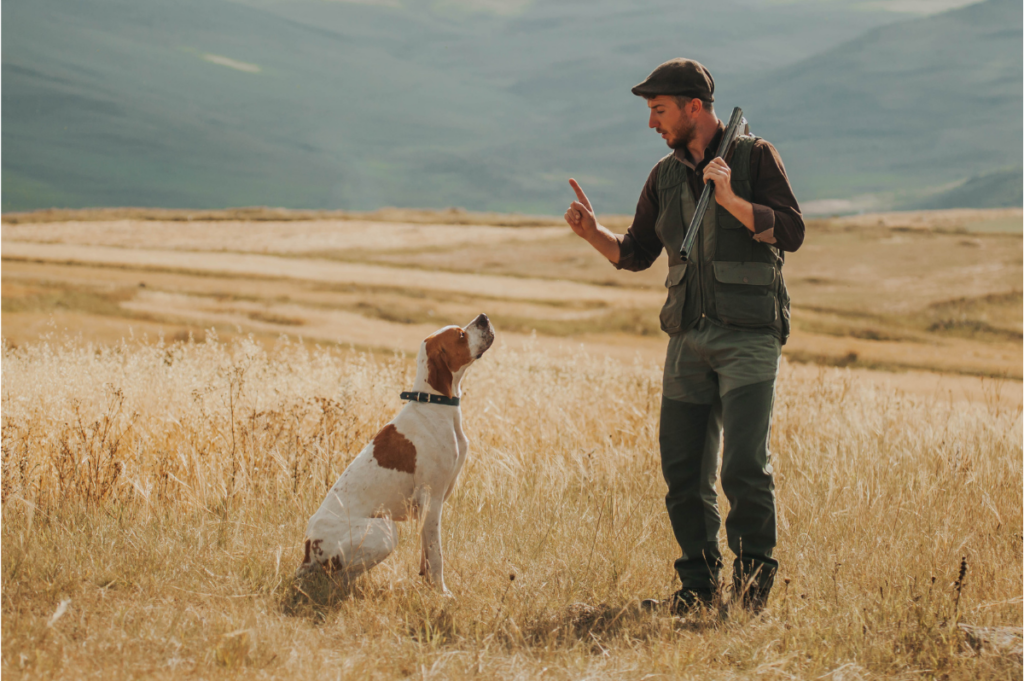
 0
0 
As someone who has spent countless hours traversing the great American wilderness with a faithful hunting dog at my side, I understand the profound connection between hunters and nature. We are not only participants in the natural world but also stewards, ensuring its preservation for future generations. In light of this, it is crucial that we keep abreast of legislative changes affecting our beloved pastime.
Recently, several new laws have been enacted across various states that directly impact hunting regulations. This blog post aims to provide a comprehensive analysis of these legislative changes and their implications for us as responsible hunters.
Several states have modified their rules around hunting licenses and permits. For example, California has introduced an apprentice hunting license to encourage novice hunters. Similarly, Colorado has expanded its secondary draw for big game licenses to include more species.
These changes are designed to make hunting more accessible and inclusive, a move that I wholeheartedly support. However, they also underscore the importance of understanding the specific requirements in your state to ensure compliance.
In some states, new restrictions have been implemented on certain types of hunting. For instance, Washington has banned hunting with hounds for certain game species. While these changes may seem restrictive, they are often enacted in response to conservation needs or ethical considerations.

It’s crucial that we respect these changes and adapt our hunting practices accordingly. After all, our ultimate goal should be the sustainable enjoyment of our sport.
Several states have also adjusted hunting season dates and bag limits for various game species. These changes are typically based on wildlife population studies and are designed to promote healthy ecosystems.
For instance, Texas has extended the white-tail deer hunting season in certain counties, reflecting the robust deer population in these areas. Conversely, Alaska has reduced the bag limit for moose in specific regions due to declining populations.
These changes remind us that hunting is not just a sport but a tool for wildlife management. As hunters, we play an essential role in maintaining balanced ecosystems.
The recent legislative changes underscore the dynamic nature of hunting regulations, shaped by factors such as wildlife conservation needs, ethical considerations, and public opinion. It’s incumbent upon us as hunters to stay informed about these changes and adjust our practices accordingly.
Remember, hunting is not just about the thrill of the chase or the satisfaction of a successful hunt. It’s about respecting the natural world and ensuring its preservation for future generations. Happy hunting, folks!

 0
0